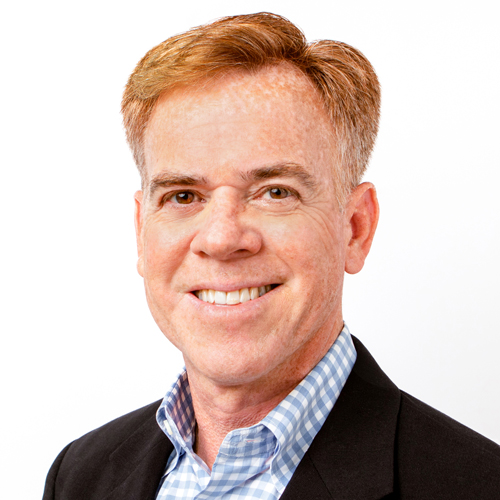
Roggero has been instrumental in transforming the company into a global leader in inclusive entertainment. Under his leadership, Fuse Media became a pioneer in the FAST space, reaching over 85% of U.S. multicultural households through partnerships with Lionsgate, Tastemade and TMB. Through partnerships with the T. Howard Foundation and the Latino Corporate Directors Association, he continues to advocate for increased Latino presence in media and corporate leadership.
What does work-life balance mean to you? Spending time with my family is my greatest joy, and I’ve made it a priority not to miss my children’s games, recitals and school events. My family is also what drives me at Fuse Media. Creating a space where young, diverse people, like my own children, can comfortably share their individual stories—and be celebrated for them—has long been a goal throughout my career. I’m incredibly proud of what we’ve accomplished so far.
Has the internet created more inclusion or exclusion? The internet democratized media and as a result, expression. Everyone now has access to multiple platforms and with that, the ability to tell their stories and share their opinions. Insights from myriad cultural identities not seen or amplified on mainstream media can now rise up, capture significant attention, and shape global discourse on any topic. Yet with all of these voices, we’re experiencing a modern day “Tower of Babel” where millions and millions of people are enabled to create and/or comment as attention spans fragment and shrink. People feel empowered behind their keyboards to invisibly criticize others and their journeys, attempting to deny them acceptance into the big tent of inclusion. These attempts to disqualify individuals and invalidate their experiences are countered in real-time on platforms, creating frank often brutal and sometimes cruel discussions never had out in the open in this manner. The internet has sparked an ongoing battle between promoting inclusion and defending exclusion, ultimately generating continuous opportunities for either viewpoint to have the last word.
What do you think is the biggest misconception about diversity within your industry? I think the biggest misconception about diversity today is that people categorize themselves by one demographic differentiator, whether its race, gender, or sexual orientation when in fact the majority of young adults in the U.S. today identify as being from multiple cultures. It’s imperative that the media industry recognize that simply “checking a box,” does not represent diverse audiences in a truly authentic way. The industry needs to do better at presenting a true tapestry of ethnic, social, and gender identities.